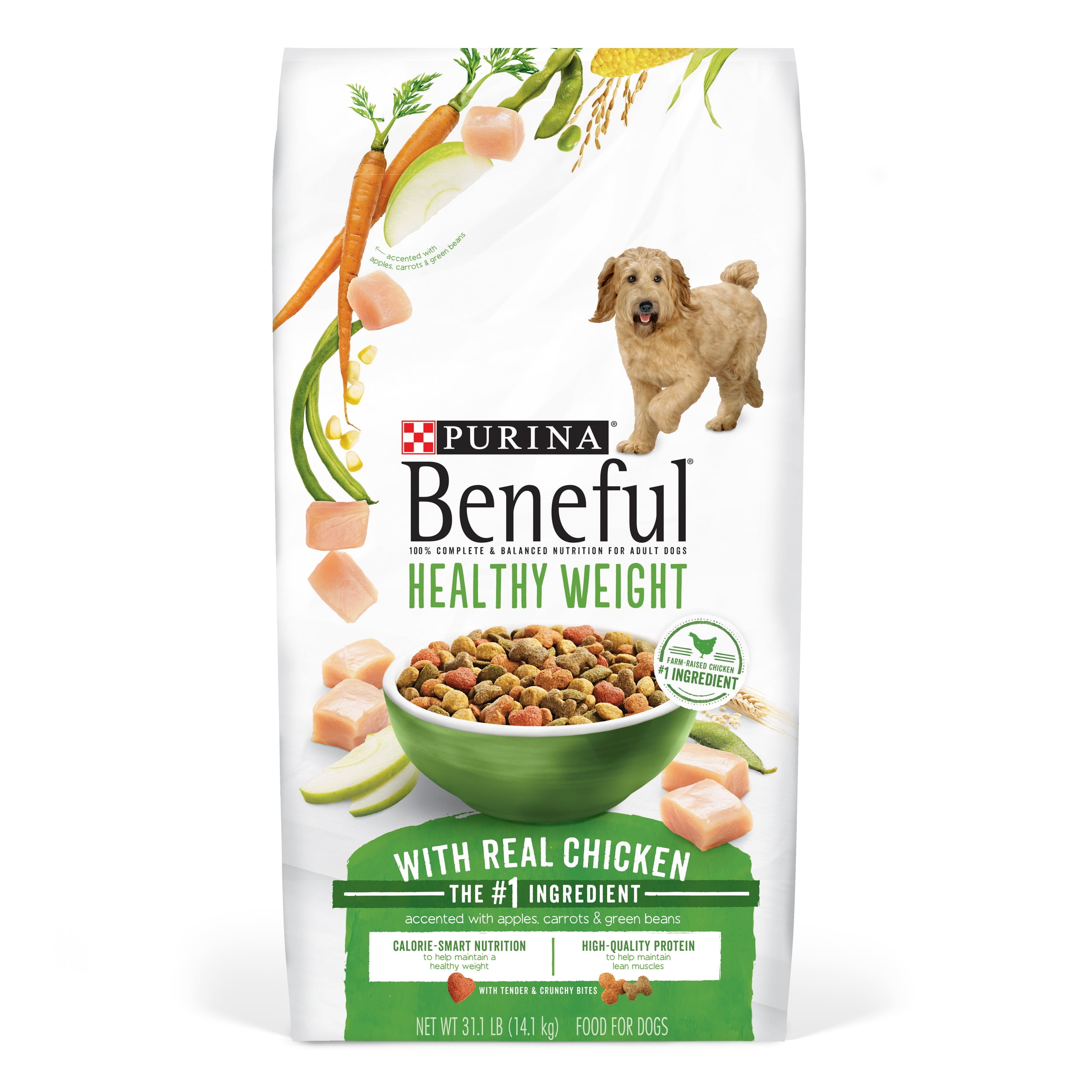Healthy Dog Food

Why is Healthy Dog Food Important?
Just like humans, dogs need a balanced diet to maintain a healthy lifestyle. Healthy dog food is important because it provides your dog with the nutrients they need to grow, develop and maintain a healthy immune system. Feeding your dog a diet that is high in nutrients and low in fillers can also help prevent health problems such as obesity, diabetes, and heart disease. A poor diet can lead to a variety of health problems, including digestive issues, skin problems, and even cancer.
How to Choose the Right Food for Your Dog
Choosing the right food for your dog can be a daunting task, with so many options available on the market. Here are some tips to help you choose the right food for your dog:
1. Look for High-Quality Ingredients
When choosing dog food, look for high-quality ingredients such as meat, vegetables, and whole grains. Avoid foods that contain fillers such as corn, wheat, and soy as they provide little to no nutritional value for your dog.
2. Consider Your Dog's Age and Health
Different dogs have different nutritional requirements depending on their age and health. For example, puppies require more protein and fat than adult dogs, while senior dogs may require a lower calorie diet. Consult with your veterinarian to determine the best diet for your dog.
3. Read the Label Carefully
Read the label carefully to ensure that the food meets the nutritional requirements of your dog. Look for foods that are rich in protein, vitamins, and minerals and avoid foods that contain artificial preservatives and additives.
4. Consider Your Dog's Activity Level
Dogs that are highly active require more calories than dogs that are less active. Choose a food that is appropriate for your dog's activity level to ensure that they are getting the right amount of nutrition.
The Pros and Cons of Different Types of Dog Food
1. Dry Dog Food
Dry dog food is the most popular type of dog food and is easy to store and serve. It is also more affordable than other types of dog food. However, it can be high in fillers and may not be as palatable as other types of dog food.
2. Wet Dog Food
Wet dog food is more palatable than dry dog food and can be a good option for picky eaters. It is also high in moisture, which can help keep your dog hydrated. However, it is more expensive than dry dog food and can spoil quickly once opened.
3. Raw Food Diet
A raw food diet consists of uncooked meat, vegetables, and bones. It is high in protein and nutrients and can be beneficial for dogs with allergies or digestive issues. However, it can be expensive and time-consuming to prepare, and there is a risk of bacterial contamination if not handled properly.
4. Homemade Dog Food
Homemade dog food allows you to control the ingredients that go into your dog's diet. It can be a good option for dogs with allergies or other health issues. However, it can be time-consuming to prepare and may not be nutritionally balanced unless formulated by a veterinary nutritionist.
The Advantages and Disadvantages of Healthy Dog Food
Advantages
- Healthy dog food provides your dog with the nutrients they need to grow, develop and maintain a healthy immune system.
- Feeding your dog a healthy diet can help prevent health problems such as obesity, diabetes, and heart disease.
- High-quality ingredients in healthy dog food can help improve your dog's coat, skin, and overall health.
Disadvantages
- Healthy dog food can be more expensive than other types of dog food.
- Some dogs may not like the taste of healthy dog food.
- Homemade dog food can be time-consuming to prepare and may not be nutritionally balanced unless formulated by a veterinary nutritionist.
Conclusion
Feeding your dog healthy food is an important aspect of taking care of their health. A well-balanced diet can help prevent health problems such as obesity, diabetes, and heart disease. When choosing dog food, look for high-quality ingredients, consider your dog's age and health, read the label carefully, and consider your dog's activity level. While healthy dog food can be more expensive than other types of dog food, the benefits of feeding your dog a healthy diet are worth it in the long run.
FAQ
Q: How do I know if my dog is eating a healthy diet?
A: Your dog's diet should be high in protein, vitamins, and minerals and low in fillers. Consult with your veterinarian to determine the best diet for your dog.
Q: Can I feed my dog homemade dog food?
A: Yes, you can feed your dog homemade dog food. However, it can be time-consuming to prepare and may not be nutritionally balanced unless formulated by a veterinary nutritionist.
Q: What are the benefits of feeding my dog a raw food diet?
A: A raw food diet can be beneficial for dogs with allergies or digestive issues. However, it can be expensive and time-consuming to prepare, and there is a risk of bacterial contamination if not handled properly.
Q: How can I tell if my dog is overweight?
A: You can tell if your dog is overweight by feeling their ribs. If you cannot feel their ribs without pressing, then they may be overweight.
